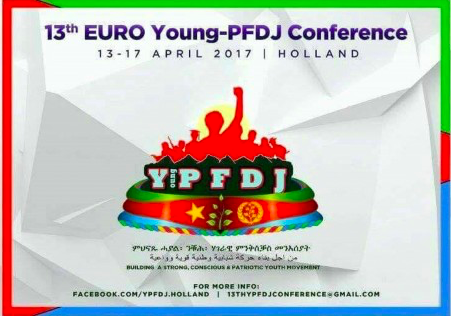New study confirms concerns over Eritrean diaspora tax in Europe
A new report, commissioned by the Dutch government, has been published on the 2% tax that is paid by Eritreans in the diaspora. The study covered seven European countries, researching the legality, modalities and perception of the diaspora tax, as well as the role of the Eritrean government in its collection. The report shows that the legal basis for the diaspora tax, as well as the goals and the collection process, are unclear and inconsistent. In addition, the tax collection is perceived as mandatory by many Eritreans, and non-compliance with payments can lead to consequences such as denial of consular services, punishment of family members in Eritrea. The reported use of coercion and intimidation make the collection of the diaspora tax potentially illegal in its application. The Dutch government deems the ways in which the tax are collected ‘unacceptable’ and lists a range of steps it will take to challenge it.




